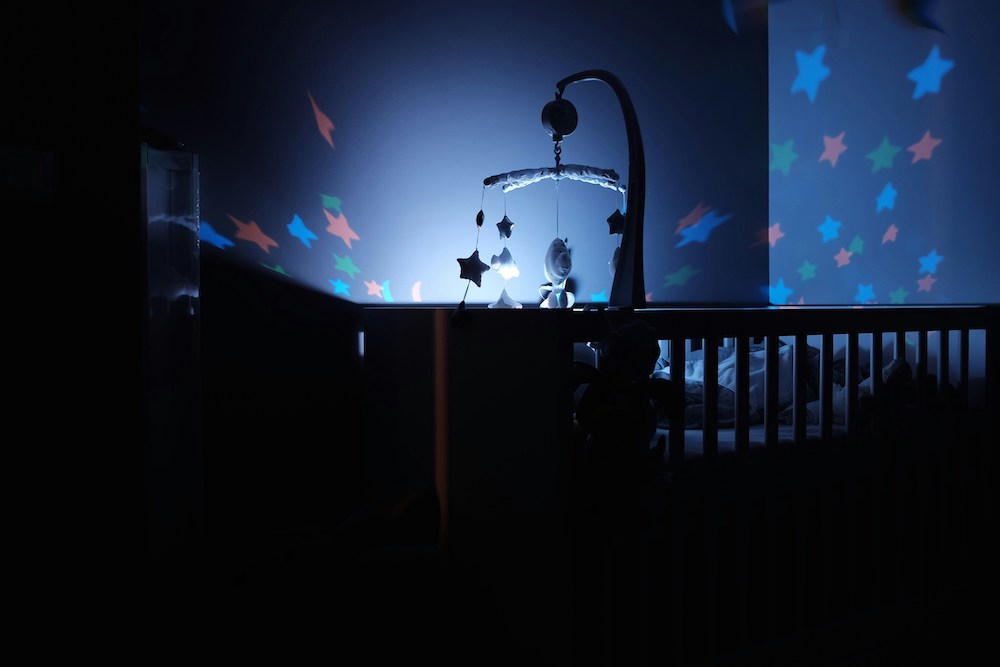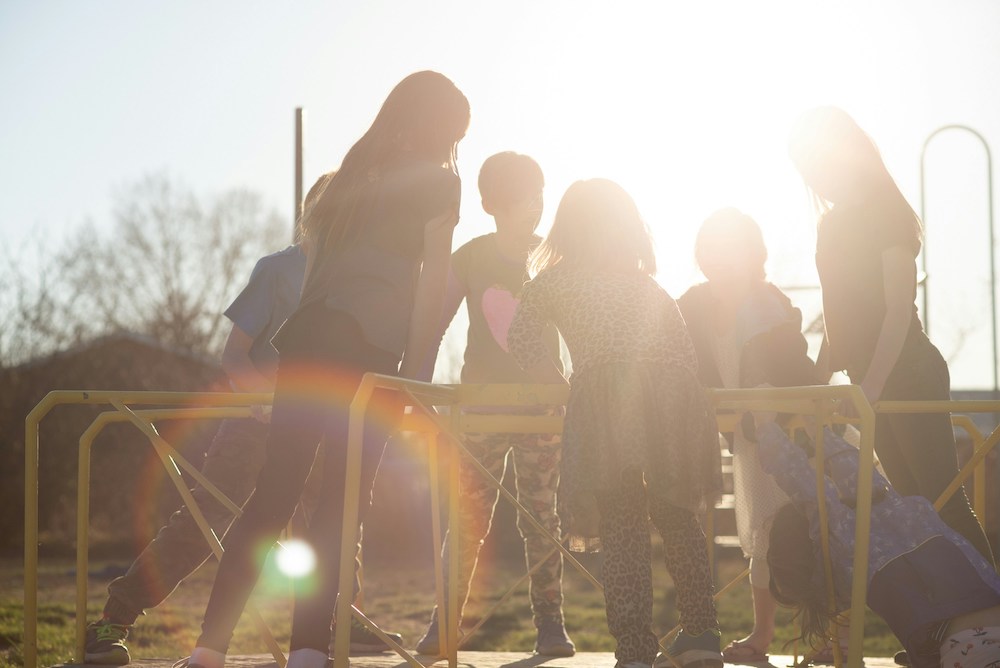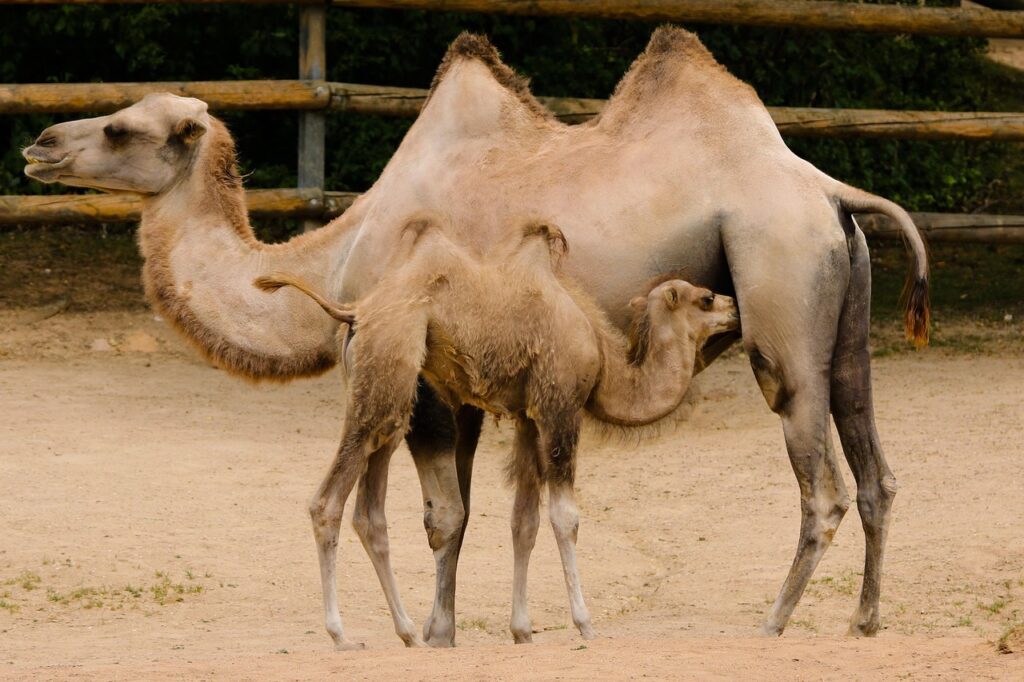Conversations on Having an Only Child
“The exhaustion is endless,” said my new friend, pushing a stroller. “I can’t believe I’ll have to do everything again for a second child. How are you holding up?”
Lise was my first mom friend, 32 years old, athletic. I had friends who happened to be mothers before, but she was the first person I met as a mom, in an online prenatal yoga class during the pandemic. This was our first time seeing each other in person, six months later.
“I don’t think I’ll do it again,” I said. Relief came first—a physical tension released in my shoulders. “I did IVF, I won’t do another fertility treatment.” I couldn’t face another cycle of hope, uncertainty, and potentially crushing disappointment.
I’d already given away newborn onesies and sold the bassinet—though in my mind, this had nothing to do with not having a second child. We needed more space.
“You never know what could happen,” Lise said, in that usual push for normalcy: one child, then another.
A “what if” floated in the air… quickly replaced by the knowledge that everything about raising my daughter would only happen once—the sleepless nights, the cuddles, the smell of her fuzzy hair. Relief morphed into grief: I couldn’t yet let go of the idea of a family with two or three children. But how could it happen? What was I ready to do?

*
At my six-week postpartum visit, the midwife asked: “What kind of contraceptive do you need?” She couldn’t decipher my annoyance, my face half hidden behind a mask. How, in my newly deflated body, with barely any sleep, could I be thinking of sex? I didn’t want more hormones to guard against an unlikely pregnancy at thirty-eight after four years of trying.
Months later, my PCP asked the same thing. “There are options for men too. Vasectomy. It’s less taboo than it used to be—my husband did it.”
My husband wasn’t ready for the V-word. Though reversible, it seemed too definitive. The possibility of pregnancy stayed a possibility—with a very low chance of success.
*
When my daughter was 18 months old, we went to a Halloween birthday party. The mom wore oversized clothes. I overheard: “Yes, it’s a little girl! Due date is March 10th.”
“Oh, wow, a little girl,” I said, feigning nonchalance. Inside: absolute turmoil. Kids my daughter’s age were already getting siblings?! Should I really be trying too?
The envy faded after a few days, replaced by a shapeless grief: we were a family with a single child. Was this what I really wanted? I was almost forty. “Too old,” I thought, despite the headlines saying more babies were now born to women over forty than to teenagers. Was I hoping for a change of heart? An unshakable certainty that I wanted a second child more than anything?
*
A couple of months later, we landed in Martinique, a French Caribbean island, for Christmas. My husband Manu came back from the bakery with a bag of pastries:
“My father just asked if we wanted a second child.”
“Wait, what? What did you tell him?” I was eager for the gossip, though I wished it wasn’t about us. Manu came from a loving family, the youngest of three siblings. I wondered if his father, who had organized the trip for his seventieth birthday, had envisioned a larger family. His three adult children (including Manu) had a total of two children.
“I told him no,” Manu said.
I was relieved he had spared me the conversation with his dad—and, for once, glad that I wasn’t the one being asked about our family planning. My husband longed for another child. He didn’t want to convince me—since I was the one doing the heavy work of getting pregnant, but he wished I changed my mind.
*
It was yet another early Sunday morning at the playground.
“Are you thinking of a second child?” a put-together, tall and slim mom of two was questioning me in a low voice, hoping for a confession. The question came in more often as my daughter was getting older. Families were expected to have a second, and even a third child. Why not! I liked this woman and her way of engaging in a real conversation–while taking me out of the boredom of looking at my daughter pushing a truck, my friend’s son parallel playing next to her. But I’ve never been really good at having real conversations.
“Me?! A second child?! Are you kidding! Nooooo,” I said.
“Wow, okay!” she laughed. She was holding her newborn daughter in a wrap against her chest, a sensation I used to love and missed dearly.
“I’m too old, you know,” I said, not knowing how much I could trust her to confide my deepest thoughts. Was I feeling competitive in this fucked-up way mothers sometimes are and despite my best intentions of not falling into this trap? In that moment, parenting one toddler felt even more challenging than IVF.

*
I joined a private Facebook group called “One and Done or Undecided.” I scrolled through posts and comments, adding thumbs-ups and hearts to commiserate.
I wondered if, in the vast and undefined Moms Club, my tribe was right there.
Parents of older single kids shared successes: “My eight-year-old plays on her own in the morning, I can sleep-in.” “We just took a trip and it was fantastic! Our son is such a good walker!” “My LO [little one] is so close to their cousins!” “We don’t have to worry about paying twice for summer camp.”
The bright sides of having a single child seemed like consolation prizes. I couldn’t see the joys yet.
The parents who wrote that being one-and-done was a decision from the start were more assertive. They preached the perks of having “an onlie” (as the one-and-done community spelled it) with full acceptance. Would I ever accept our family configuration, or would grief and its cohort of mixed feelings always taunt me?
Several participants offered resources–books and podcasts, and shared links to studies that debunked popular ideas and misconceptions about single children. There was an entire world where these questions about how to raise an only child had already been explored and thoughtfully answered.
*
Manu and I kept having the same conversation.
“I wish she had a sibling to play with,” he said on an early Saturday morning.
As long as I told Manu we didn’t have a second child because of infertility, he kept pushing for solutions. He’s the scientific mind, the trouble-shooter: “Don’t you want to consider any other options?” he’d ask.
Eventually, I couldn’t hide behind natural limitations. There are other options (egg donor, adoption, etc.), and I didn’t want to consider them. I was not ready to face the emotional, ethical, and financial questions.
“A part of me is truly disappointed too,” I admitted. “I’ve never planned for a family with one child, but I tell myself I’m sure about not having a second child.”
I was more and more ambivalent.
What if I was making a selfish decision? And how do you grow up without siblings? I’m the second of four children, and even if my three sisters and I aren’t best friends, they are such a fundamental part of who I am that I can’t imagine someone can become “complete” without siblings. How would it be for my daughter?
*
On a Friday night, almost four years after my daughter was born, I was meeting up with other moms from daycare at a restaurant. Raising my kid was becoming easier, but still, I didn’t think that often about the possibility of a second child, even if we were surrounded with families with two or three kids.
Tara was already at our table. Like me, she had one child, and I was curious about her choice—but careful not to ask too bluntly.
“Have you seen the picture of [these two siblings]?” I asked, referencing one of the photos our preschool shared on the private app we all used. “So cute, so, so cute,” I said. I waited a couple of seconds. “Even though it also crushes my soul to see siblings’ love, as Manu and I aren’t planning on having another child.”
Oops, I was more direct than anticipated. Her response was unexpected: “I agree, my heart sank too looking at them. We’re one and done.” She paused, and added, “ It’s so rare to meet someone in the same situation!”
When I find an ally, I relax.
“We knew from the start we only wanted one kid. And now we’re sure of it,” Tara said. We talked about our experience, which felt validating in today’s lingo. The love, but also the grief that came with a family configuration like ours. Our situation wasn’t especially unusual, but it nonetheless felt emotionally complicated.
*
Soon after her third birthday, I told my daughter she wouldn’t have siblings. She asked me, out of the blue, and I answered without any detour.
“Why?” she said in her typical inquisitive style.

“That’s it: our family is complete.” She looked at me, eating a spoonful of Cheerios. “I’m so happy you’re here,” I added. An answer as simple as possible, for a complex choice. She moved on to a new topic and asked me what a camel was and what they ate for lunch. I smiled, kissed her hand and tried to find an adequate answer. I had no idea.
She didn’t stop asking. As she turned four, and saw more of her friends having siblings, as she played “mom and dad” more often, she asked, relentlessly, if she could have a sibling. “One, no… two!” she said at bedtime.
The truth is, if there was a frozen embryo waiting for my uterus in a hospital, I’d do it. If I could have sex and simply “get” pregnant I’d do it. I’d have a second child. I live with this unsatisfying conversation made of openness and what-ifs. This lingering sadness of a family with just one, both not enough and complete.






One Response to Conversations on Having an Only Child